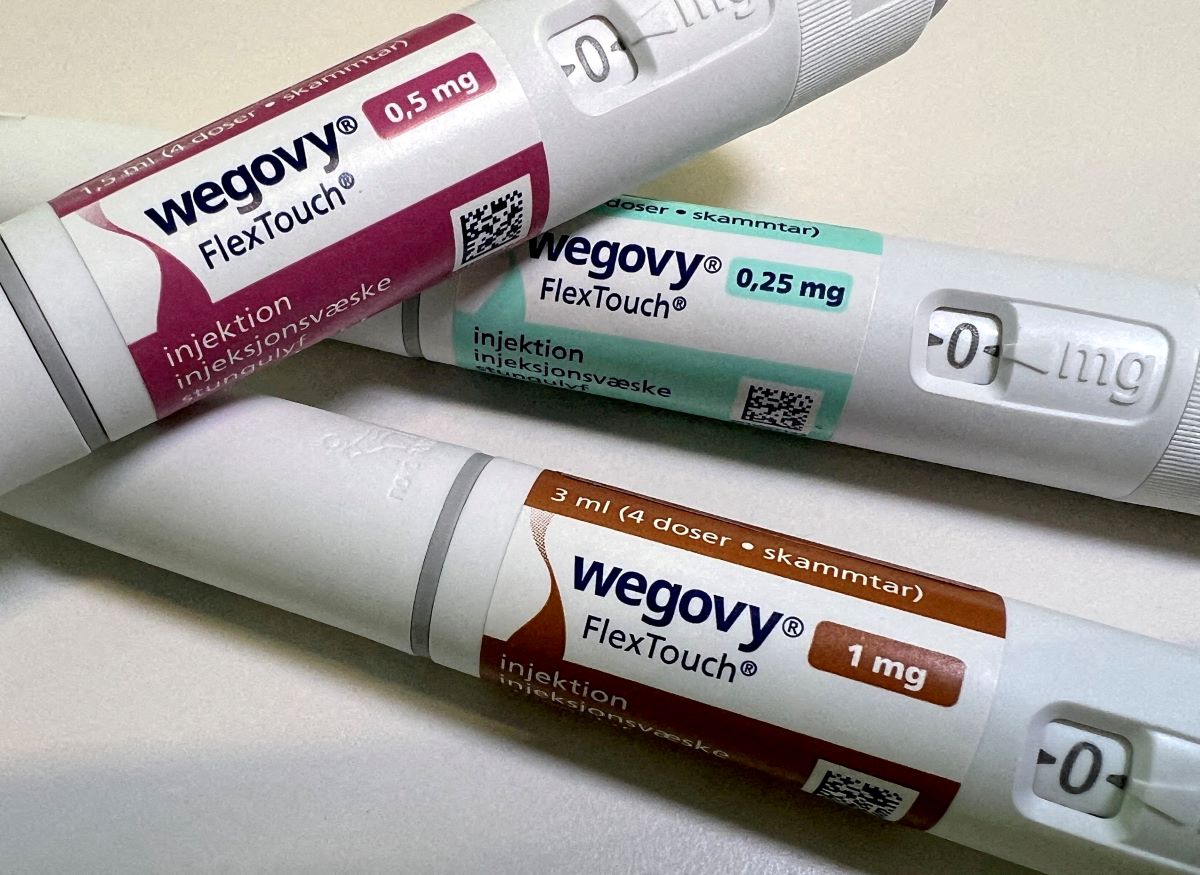Children as young as six who are struggling with obesity may soon have access to Ozempic-style weight-loss injections, following the success of an early trial.
The trial showed that slimming injections could reduce children’s body mass index (BMI) by 7.4% when tested on primary school students.
In the study, children aged between six and 12, with an average weight of slightly over 11 stone (70kg), underwent a 56-week course of daily injections of liraglutide, a weight-loss drug.
Liraglutide is part of a group of medications called glucagon-like peptide-1 (GLP-1) receptor agonists, already approved by the NHS for treating adults with Type 2 diabetes and obesity.
These drugs work similarly to semaglutide, the active ingredient in Ozempic and Wegovy, by imitating a hormone that helps individuals feel full and decreases their appetite.
The trial was conducted by experts at the University of Minnesota Medical School in Minneapolis and involved 82 clinically obese children, with an average age of 10 and a BMI of 31.
Of the 82 participants, 56 received liraglutide injections, while 26 were given a placebo. Both groups received personalized dietary guidance and were encouraged to exercise for at least 60 minutes daily.
After more than a year, the study revealed that children receiving liraglutide saw their BMI drop by 5.8%, while those on the placebo experienced a 1.6% increase, resulting in a 7.4% difference between the two groups.
Additionally, the body weight of children receiving liraglutide increased by 1.6%, compared to a 10% increase in the placebo group.
Researchers anticipated some weight gain as the children were growing, but the findings suggest that weight-loss injections could be an option for NHS patients in the future.
Novo Nordisk, the Danish pharmaceutical company that manufactures semaglutide and liraglutide, is already seeking regulatory approval to prescribe these medications to obese teenagers. Other trials are being conducted, including studies on children as young as six in the UK.

Prof Claudia Fox, the study’s lead researcher from the University of Minnesota’s Centre for Pediatric Obesity Medicine, emphasized that untreated childhood obesity often persists into adulthood and is associated with serious health problems such as diabetes, cardiovascular disease, and premature death.
Currently, there are no medical treatments for childhood obesity beyond lifestyle interventions like diet and exercise.
Prof Fox noted that while there is no universal agreement on what constitutes a meaningful reduction in BMI, a decrease of 5% or more has been linked to improvements in obesity-related conditions.
Nearly half of the children on liraglutide achieved a 5% reduction in BMI, compared to fewer than 10% of those on the placebo.
The trial also revealed side effects similar to those observed in older patients, including gastrointestinal issues such as nausea, vomiting, and diarrhea, with some cases classified as “serious.” After the trial concluded, BMI and body weight increased in both groups.
Prof Fox expressed hope that these findings could provide new solutions for children struggling with obesity, who are often told to simply “try harder” with diet and exercise alone.
Dr. Simon Cork, a senior lecturer in physiology at Anglia Ruskin University, highlighted the complexity of giving these medications to children, noting that their growing bodies could face risks, especially related to appetite suppression, which could potentially affect growth.
He emphasized the need for further studies to assess the long-term safety of these treatments in children.
The results of the trial were presented at the European Association for the Study of Diabetes (EASD) and published in the New England Journal of Medicine.
Additionally, the EASD’s annual meeting saw the introduction of a new weight-loss pill, Amycretin, developed by Novo Nordisk. Amycretin works by mimicking two hormones involved in appetite regulation: GLP-1 and amylin.
In a 12-week trial involving adults, Amycretin led to a body weight reduction of between 10.4% and 13.1%, depending on the dose, compared to a 1.1% reduction in those taking placebo pills.
However, researchers stressed the importance of conducting further studies to confirm the pill’s long-term safety and effectiveness.
